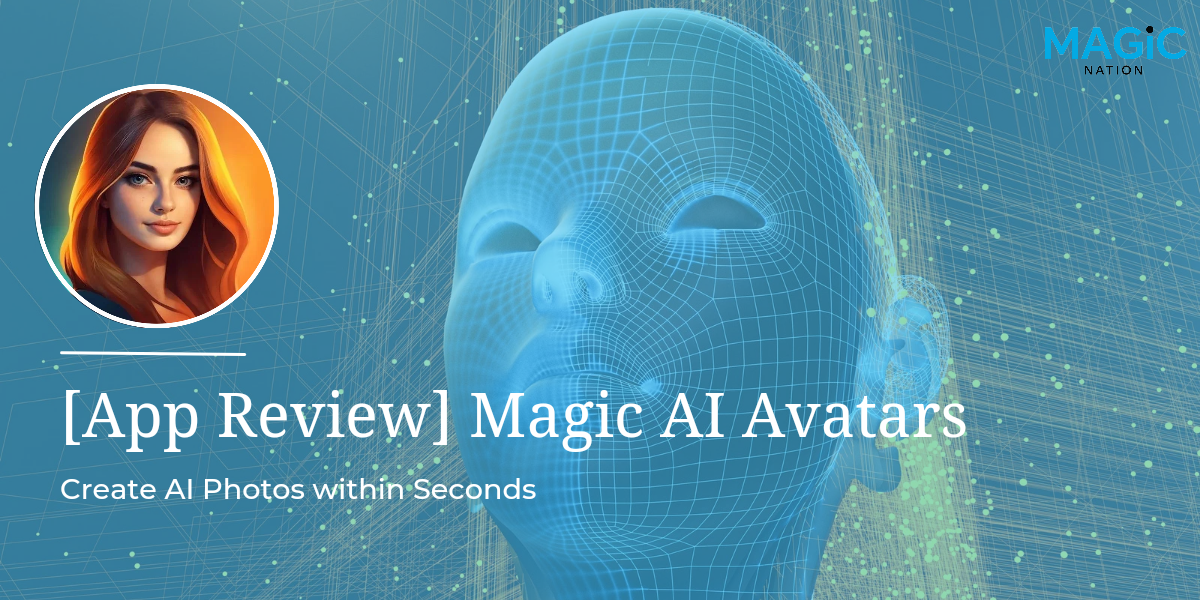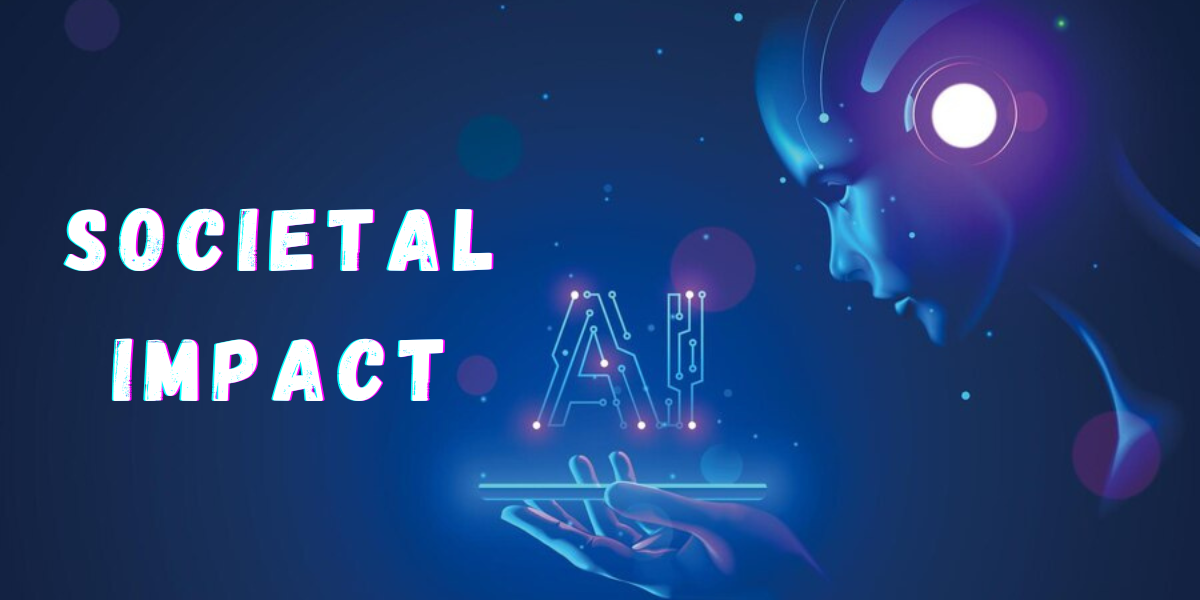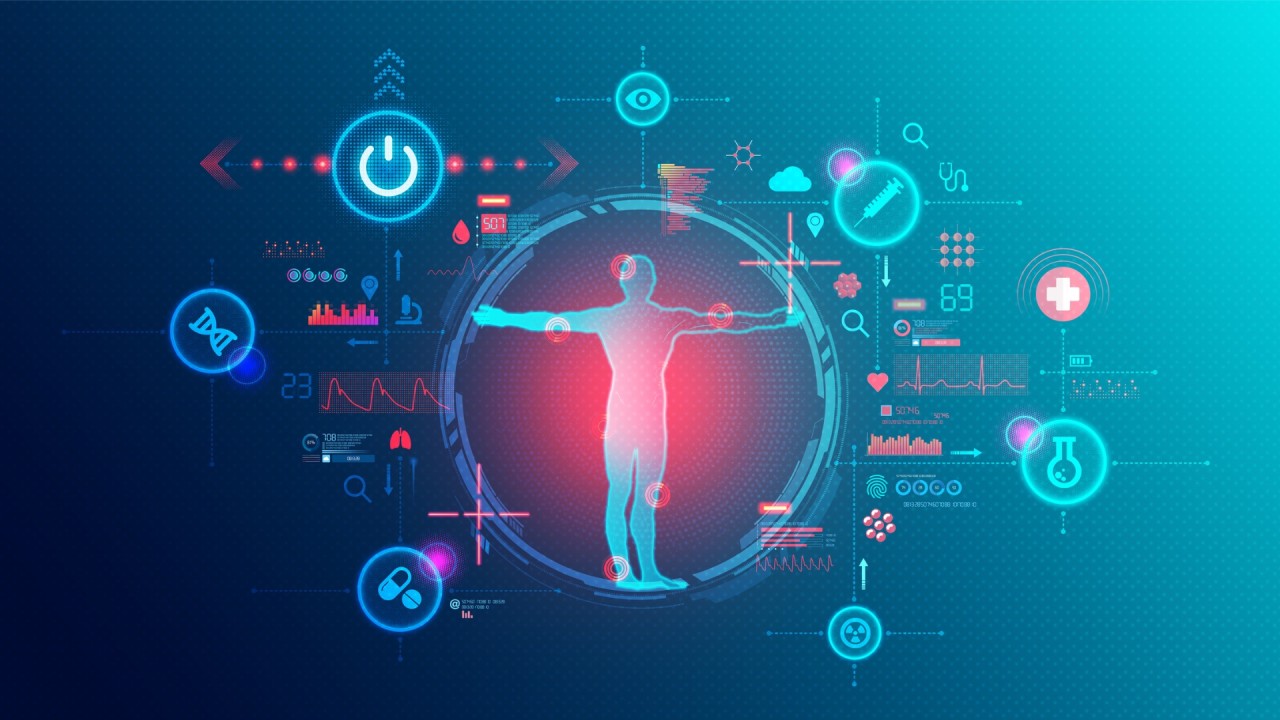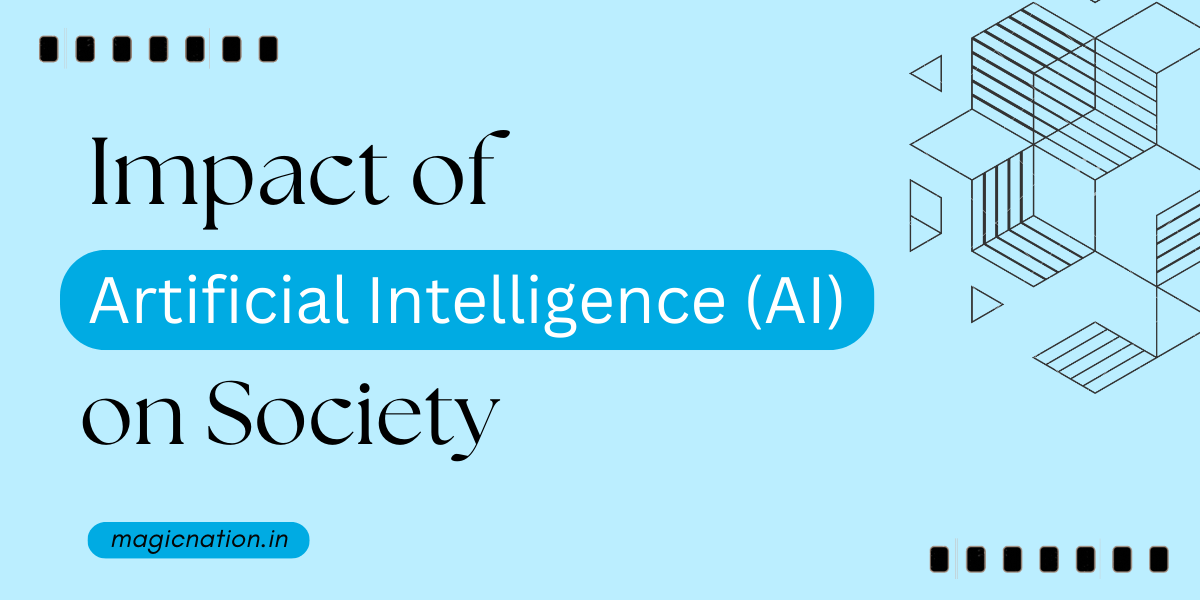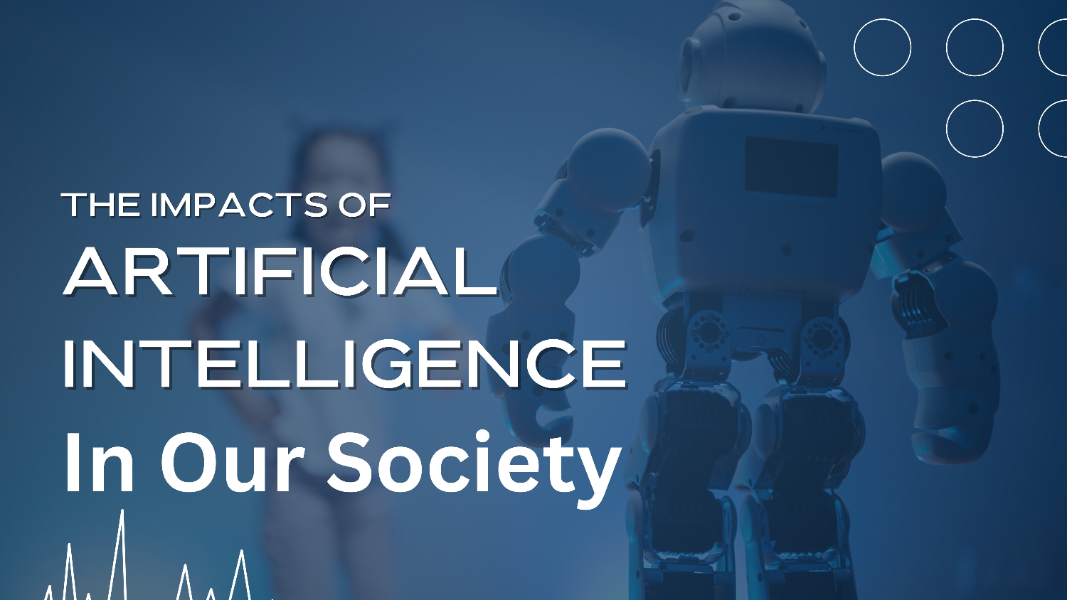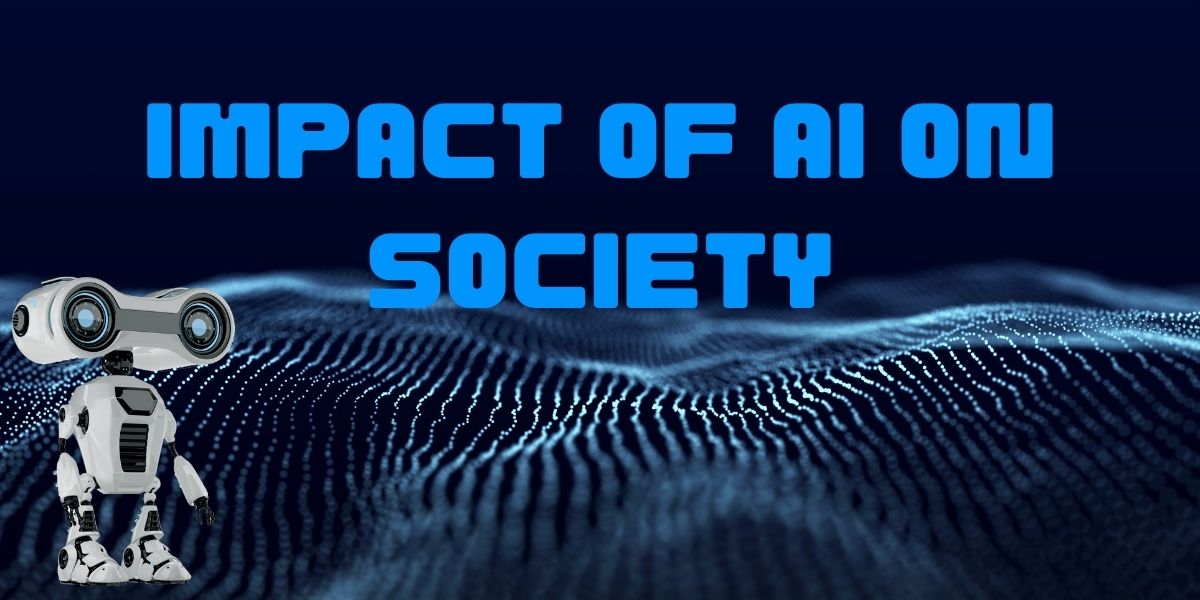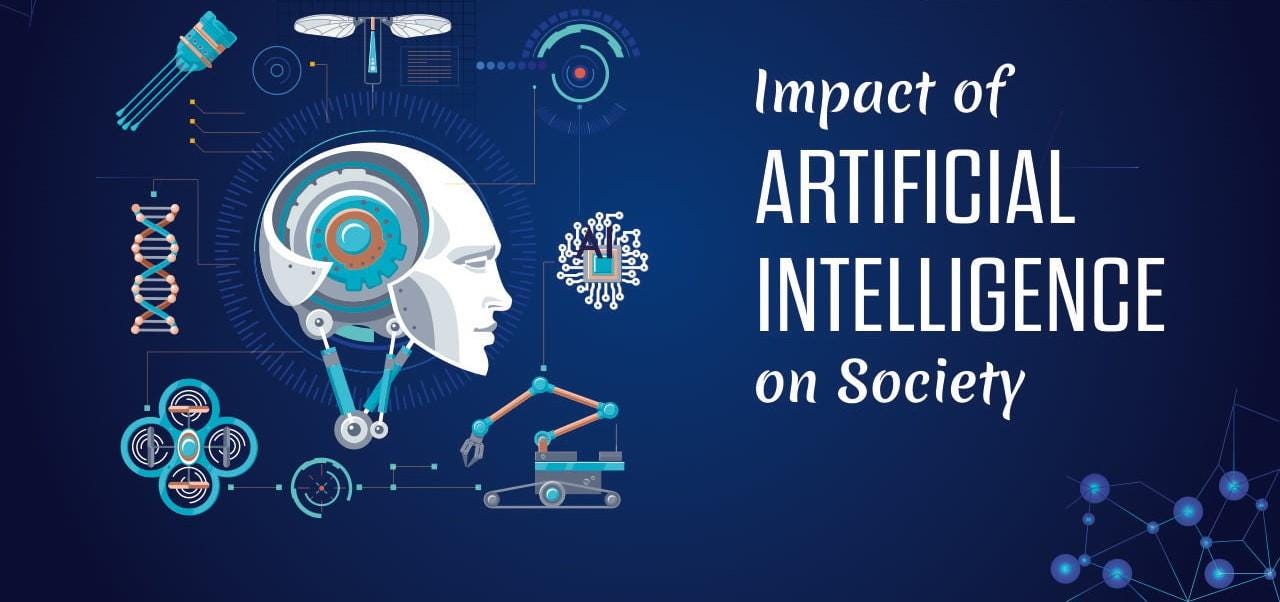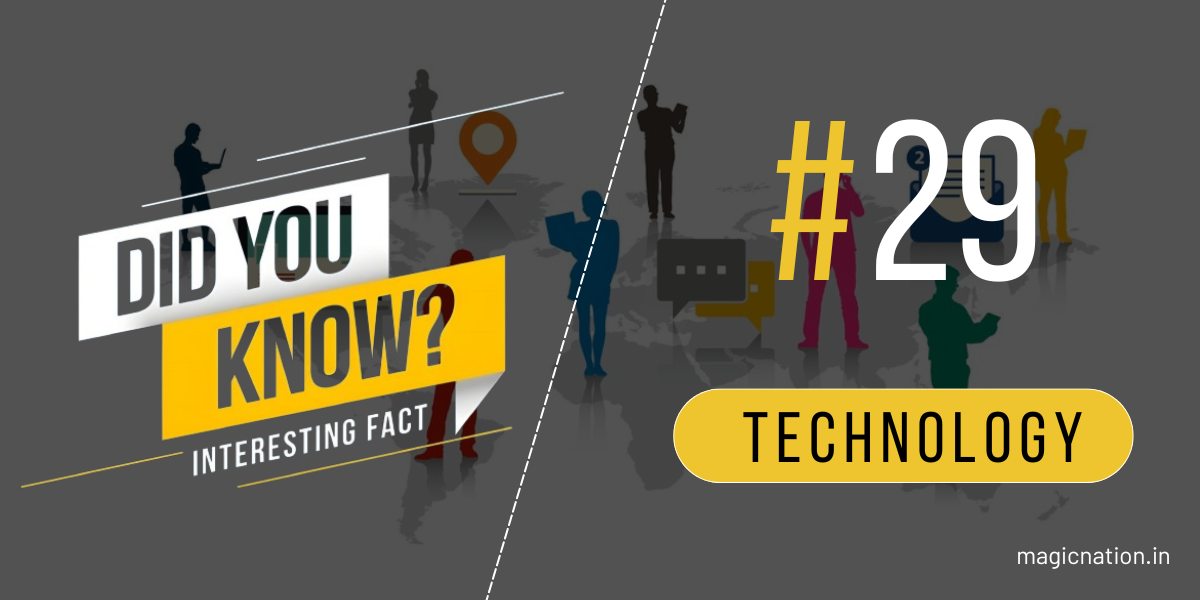Hope you guys are doing well
Today i am talking about "The Impact of AI on society"

AI is changing the world at a speed never seen before, impacting every aspect of society from healthcare to transportation, education to entertainment. This blog discusses the many ways AI is changing society, showing its advantages as well as its disadvantages.
Transforming Education

Artificial intelligence (AI) is transforming education by enabling personalized learning, simplifying administrative processes, and opening up opportunities for learning and teaching.
- Benefits :-
- Personalized Learning: AI can modify educational content to individual learning styles and speeds, allowing students to understand topics more effectively.
- Administrative Efficiency: Automating responsibilities like grading and scheduling free up educators time to teach.
- Accessibility: AI-powered tools, such as speech-to-text and text-to-speech, can make education more accessible to students with disabilities.
- Challenges :-
- Digital Divide: AI in education has the risk of increasing the divide between students who have access to technology and those who do not.
- Job Displacement: The demand for some teaching positions, such as teaching assistants, may decrease as a result of AI.
Healthcare Revolution

AI is transforming healthcare by increasing diagnosis accuracy, personalizing treatment plans, and improving the results for patients. Machine learning algorithms can scan large datasets and identify patterns that humans may ignore.
For example, AI algorithms can currently detect cancer in its early stages using medical pictures, predict damage to patients in real time, and provide personalized therapies based on genetic profiles.
- Benefits :-
- Early Diagnosis: The early detection of diseases such as cancer and heart problems by AI algorithms can lead to a higher probability of successful treatment, as these algorithms are able to examine genetic data and medical imaging.
- Personalized Treatment: AI makes it possible to create personalized treatment programs that are based on a person's genetic composition and way of life.
- Operational Efficiency: Healthcare personnel can concentrate more on patient care when administrative tasks in hospitals are automated.
- Challenges :-
- Data Privacy: The use of AI in healthcare raises concerns about the privacy and security of sensitive patient information.
- Bias in Algorithms: If AI systems are trained on biased datasets, they have the potential to reinforce and magnify preexisting prejudices.
Economic Impact

AI is causing significant changes in the economy, both by making certain job outdated and opening up new businesses and job opportunities.
- Benefits :-
- Efficiency and Productivity: AI can automate repetitive jobs, improving efficiency and productivity in a variety of sectors.
- Innovation: AI encourages innovation by enabling new products and services like self-driving cars and intelligent virtual assistants.
- Job Creation: While AI may eliminate some jobs, it also creates new opportunities in AI development, maintenance, and monitoring.
- Challenges :-
- Job Displacement: AI-driven automation may result in employment losses in sectors such as manufacturing, customer service, and logistics.
- Skill Gap: There is an increasing demand for AI and related skills, which present educational and training programs may not completely fulfill.
Ethical and Social Considerations

The integration of AI into society brings a number of ethical and social issues that must be carefully considered.
- Benefits :-
- Enhanced Decision-Making: AI can provide data-driven insights to enhance decision-making in many sectors, including finance and governance.
- Social Good: AI has the ability to address social issues like climate change by optimizing the use of resources and reducing waste.
- Challenges :-
- Bias and Fairness: AI systems may inherit biases from their training data, resulting in unfair and bias outcomes.
- Transparency: The "black box" nature of many AI algorithms makes it impossible to understand how decisions are made, raising questions about responsibility.
- Surveillance: If AI is used in surveillance without necessary regulation, privacy and civil liberties may be violated.
Impact on Transportation

AI is transforming transportation by developing self-driving vehicles, predictive maintenance, and traffic control technologies.
- Benefits :-
- Safety: By taking over driving responsibilities, AI can reduce human error—a leading cause of accidents.
- Efficiency: Traffic management systems with AI features can improve traffic flow, lowering pollution and traffic jams.
- Convenience: Self-driving vehicles can give transportation options for people who are unable to drive, such as the old and disabled.
- Challenges :-
- Regulation: To ensure safety and responsibility, autonomous vehicles must be introduced under new legal structures.
- Employment: The rise of self-driving vehicles may result in job cuts in driving-related professions such as truck drivers and taxi drivers.
The future of AI is not only about technology; it is about developing a society that can utilize AI for everyone's benefit.
Thank you for reading
sarthhkk

